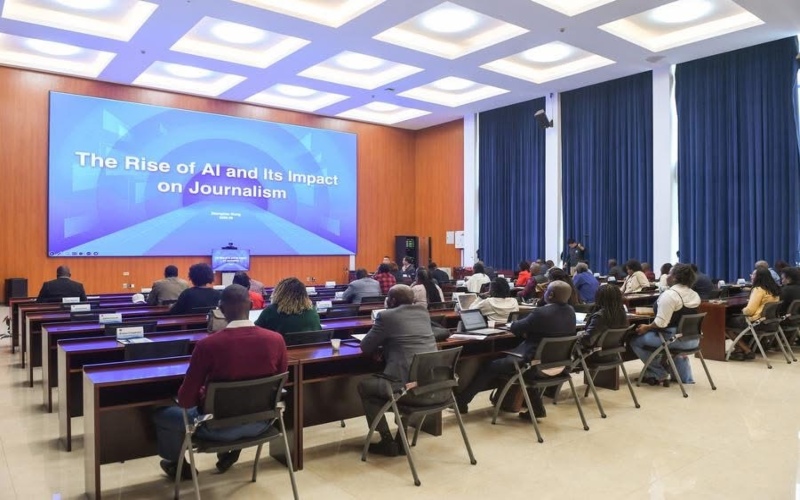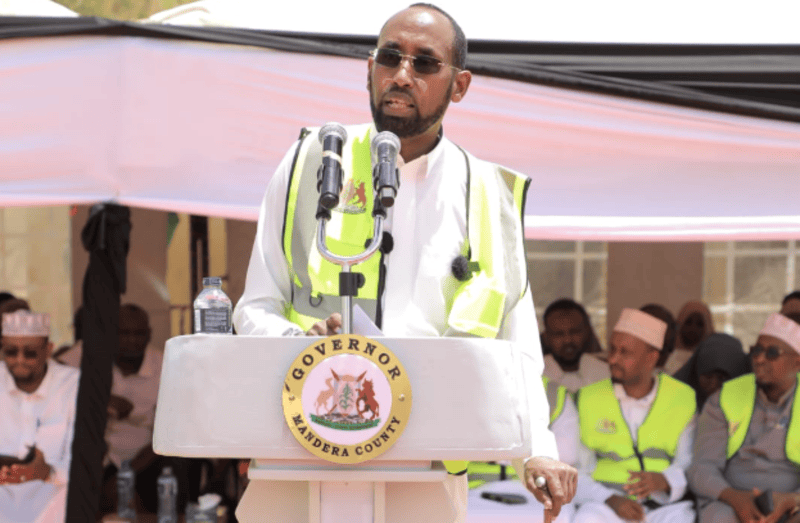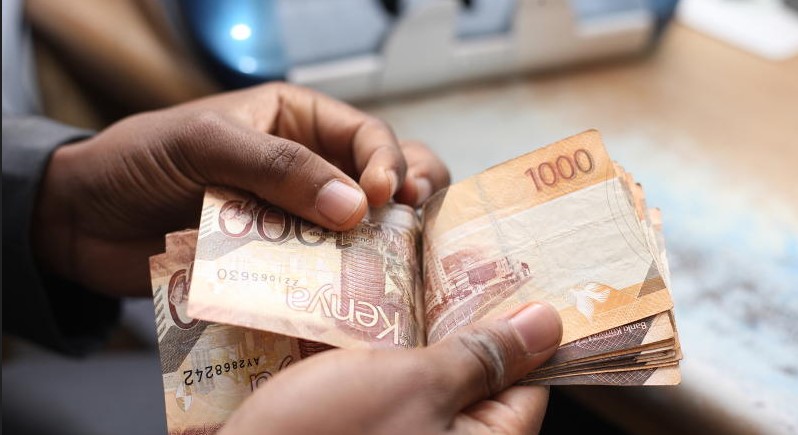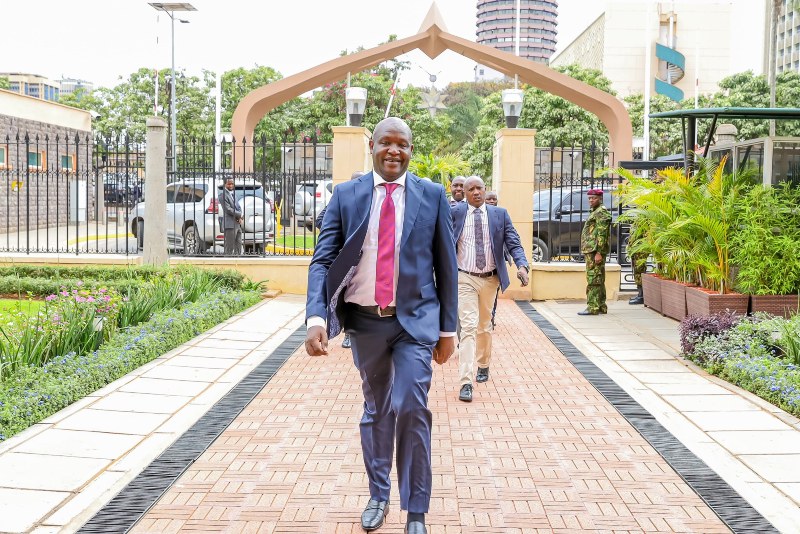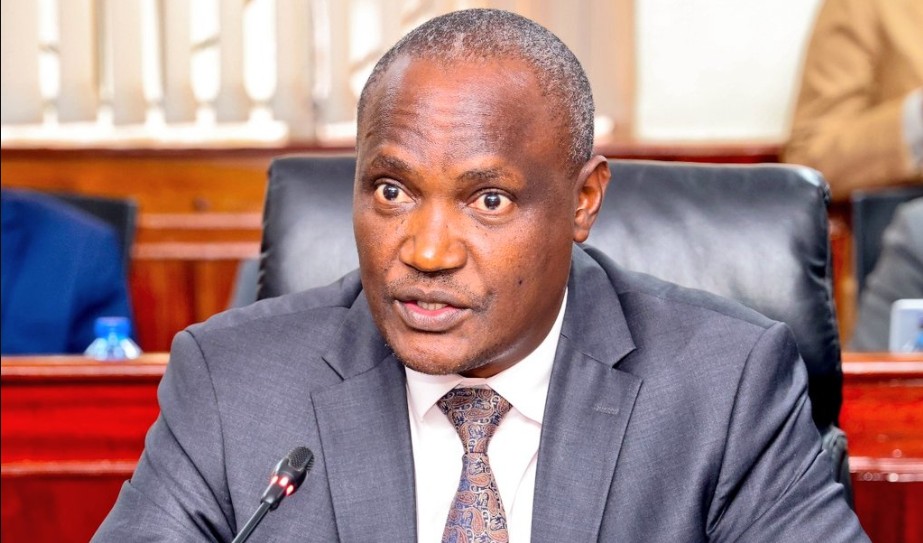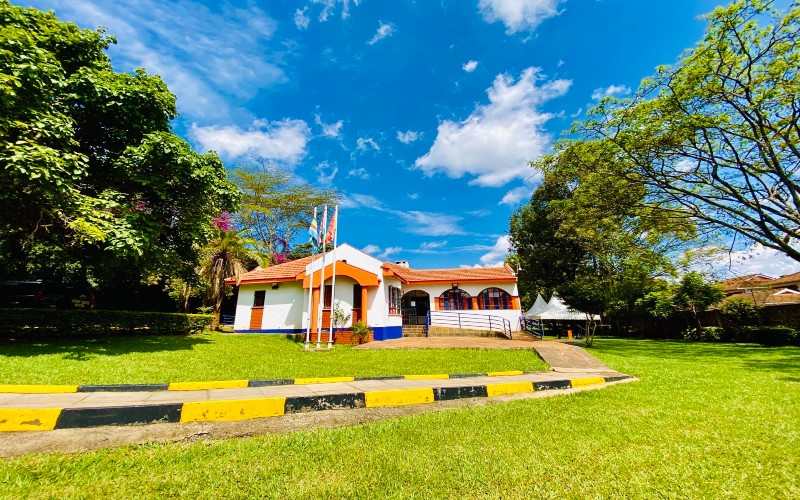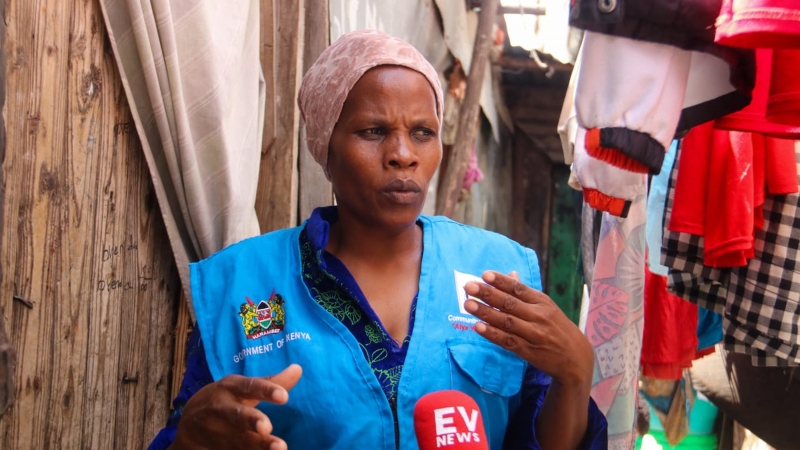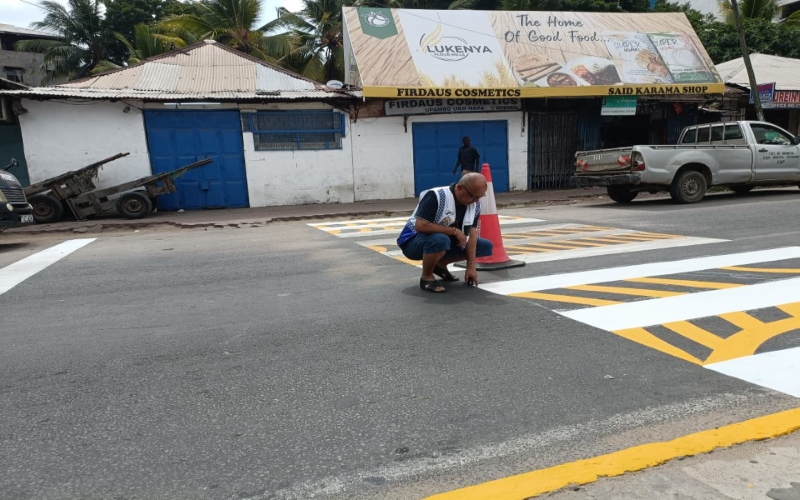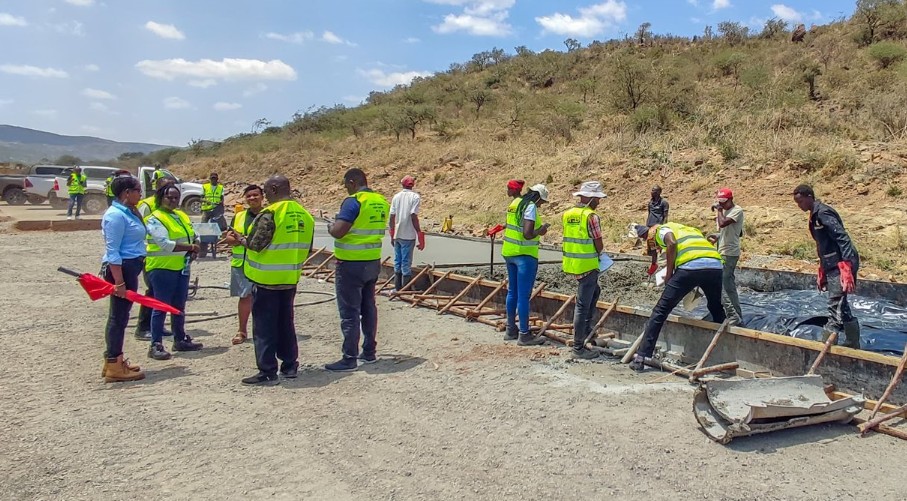Severe aid cuts endanger lives in Ethiopian refugee camps hosting over 395,000 South Sudanese
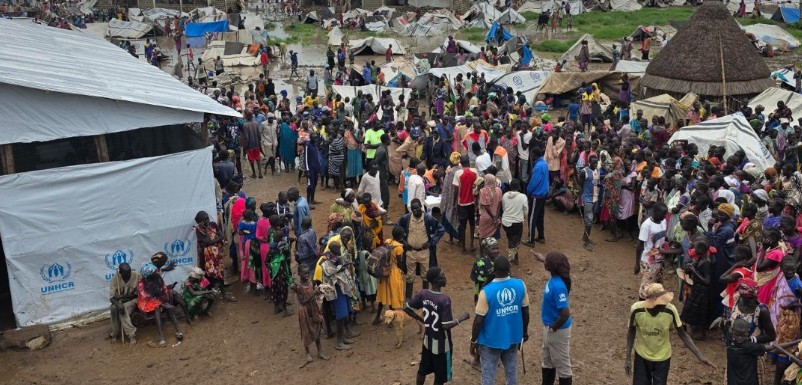
The steep decline in support—largely due to global funding reductions from key donors such as USAID—has severely strained access to essential services, including food distribution, healthcare, clean water, and sanitation.
Living conditions for more than 395,000 refugees in seven camps across Ethiopia’s Gambella region—including Kule Refugee Camp—are rapidly worsening following major cuts to humanitarian aid.
Gambella, located in southwestern Ethiopia near the South Sudan border, has hosted large numbers of mostly South Sudanese refugees since 2014.
More To Read
- Ethiopia, Dangote Group ink Sh323 billion deal to build fertiliser complex in Somali region
- WHO Africa summit urges investment to end maternal mortality
- Ethiopia begins registration of 7.4 million learners amid education crisis
- Nearly 50,000 people at risk, over 9,000 livestock perish as drought worsens in Tigray
- Extrajudicial killings, torture, mass detentions: US 2024 report paints grim picture on Ethiopia’s record
- Egypt vows not to give up its Nile water rights despite Ethiopia's Grand Dam completion
The steep decline in support—largely due to global funding reductions from key donors such as USAID—has severely strained access to essential services, including food distribution, healthcare, clean water, and sanitation.
One of the most critical consequences has been the suspension of nutrition services in four of the seven refugee camps, putting approximately 80,000 children under the age of five at risk of life-threatening malnutrition.
At Kule Refugee Camp, where Doctors Without Borders/Médecins Sans Frontières (MSF) has provided healthcare for over a decade, basic services are nearing collapse.
“We receive food once a month: maize, wheat, and sorghum, but it always runs out before the month ends. Since last year, there has been a big decline. Some of the items we used to get are no longer provided at all,” says Nyauahial Puoch, a mother who travelled about 8 kilometres from Tierkidi Refugee Camp to seek treatment for her 17-month-old daughter at MSF’s hospital in Kule.
Since October 2024, refugees in Gambella have been receiving as little as 600 calories per day—less than 30 per cent of the recommended minimum of 2,100 calories per person.
Funding shortages
MSF reports that other refugee camps in the region are facing similar conditions. Food distribution has sometimes been suspended for months due to international supply chain disruptions and funding shortages.
This year alone, MSF has recorded a 55 per cent rise in child admissions to its therapeutic feeding centre compared to last year, with half of the children coming from other camps.
“We walked three hours from our home in Akula camp to get to the MSF hospital. Our child had a cough, diarrhoea, and severe malnutrition, and she had to be hospitalised for 15 days until she recovered,” said Kuoth, whose 1-year-old child received treatment at the facility.
Meanwhile, MSF’s outpatient department has experienced a 58 per cent increase in patient visits compared to the same period last year, with many arriving from surrounding camps.
Maternal health services
Antenatal care visits have also surged by 72 per cent compared to 2024, highlighting the rising demand for maternal health services.
“We’re receiving more patients from other camps, largely because these services are no longer available locally due to many NGOs withdrawing from the region due to funding cuts. MSF is overwhelmed by the increased patient load, and we fear this number will likely keep rising in the coming months,” says Armand Dirks, MSF’s project coordinator in Gambella.
The funding shortfalls have also forced the reduction of disease prevention programmes, including malaria control efforts, just as the rainy season, which runs from May to October, brings a spike in infections.
Rise in malaria cases
Since July, MSF has seen a 125 per cent increase in malaria cases compared to June 2025. The organisation has treated more than 23,800 cases since January, over half of them from neighbouring camps.
With key malaria prevention measures—such as mosquito net distribution, indoor and outdoor spraying, and timely healthcare access—significantly reduced, MSF warns the region may struggle to contain the outbreak.
“Cases are expected to rise sharply during this peak transmission period. This poses a serious threat to already vulnerable refugees who face heightened exposure to malaria-infected mosquitoes due to overcrowded living conditions and limited sanitation,” added Birhanu Sahile, MSF’s deputy medical coordinator.
MSF is now operating at full capacity in Kule, yet the scale of need far exceeds what it can manage alone.
“Without urgent support and interventions from other actors, this crisis will continue to escalate, putting thousands of vulnerable lives at even greater risk. We urge the Government of Ethiopia to take clear and decisive steps in Gambella to advance refugee integration into local services. This includes strengthening the current health care system for everyone and enhancing its capacity to withstand future cuts,” urged Birhanu.
Top Stories Today



